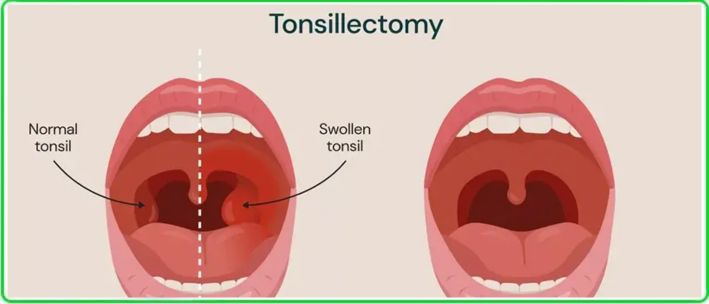Why your voice matters — and what to do if it changes

VOICE FIRST!
Most people don’t think about their voice until they lose it. Hoarseness, tired voice, or weak sound can affect your life and work. It’s a problem for anyone who speaks a lot: teachers, doctors, singers, actors, managers, lawyers, and parents.
Your voice is more than a sound. It shows your mood, your confidence, and your personality. Losing your voice can feel like losing control. Your voice needs care — just like your eyes, ears, or hands.
What is the voice from an ENT view?
The voice comes from the vocal folds in the larynx (voice box). Air from the lungs makes the folds vibrate. The sound moves through your mouth, nose, and throat — this shapes the tone.
Voice problems may be caused by:
- Inflammation of the larynx (laryngitis),
- Acid reflux (when stomach acid touches the throat),
- Vocal strain (after long talks or yelling),
- Nodules or cysts on the vocal folds,
- Chronic nose or throat problems that affect breathing.
Why does the voice get worse?
We are born with strong, full voices. But with age, stress, illness, or bad habits, the voice can become tight or flat. People often speak from the throat and lose richness in their tone.
Common reasons:
- Shallow breathing,
- Tension in the neck and shoulders,
- Speaking fast or loud all the time,
- Dry air or low water intake,
- Long-lasting nose or throat issues.
When to see a doctor?
See an ENT doctor if your voice is hoarse for more than 2 weeks. Also go if you feel:
- A lump in your throat,
- Frequent throat clearing,
- Pain while speaking,
- Voice tiredness after short talking.
The doctor will check your throat and nose. They may do a video laryngoscopy to see your vocal cords. It helps find the cause and plan treatment.
What is Phoniatrics?
Phoniatrics is a medical field. It focuses on voice, speech, and breathing for speaking. It is a part of ENT (ear, nose, throat), neurology, and speech therapy.
A phoniatrician helps people with voice problems. They also help teachers, singers, doctors, and others who use their voice at work. The doctor checks your voice, breathing, and vocal technique. You get personal advice and treatment.
Voice Laboratory: Where Health Meets Science
A voice lab gives full voice check-ups.
Here you can get:
• a video of your vocal folds,
• acoustic voice tests,
• breathing tests,
• speech and muscle function checks.
This is helpful for anyone who speaks a lot at work.
It helps prevent problems and keeps your voice healthy.
Think of it like a yearly check-up — but for your voice.
What can you do?
You can improve your voice! Even a weak or unpleasant voice can get better with practice.
- Breathe well
Speak on the exhale.
Use your diaphragm.
Good breathing gives your voice power and keeps you calm. - Drink water
Water keeps your vocal cords soft and healthy.
Drink often, especially in dry rooms. - Avoid bad habits
Don’t whisper (it’s harmful).
Don’t shout unless needed.
Don’t talk if your throat hurts.
Warm up your voice in the morning. - Rest your voice
The voice needs breaks.
Quiet time is as important as sleep. - Take care of your nose
Nasal problems like sinusitis or rhinitis affect breathing and voice.
Treat your nose to help your sound.
What if voice is your job?
If you speak a lot at work — get a yearly voice check. An ENT or phoniatrician can help protect your voice. They may give you advice or exercises.
Your voice is part of your health. It helps you connect, lead, and express yourself. If your voice changes — don’t wait. Modern ENT clinic can help bring your voice back.












